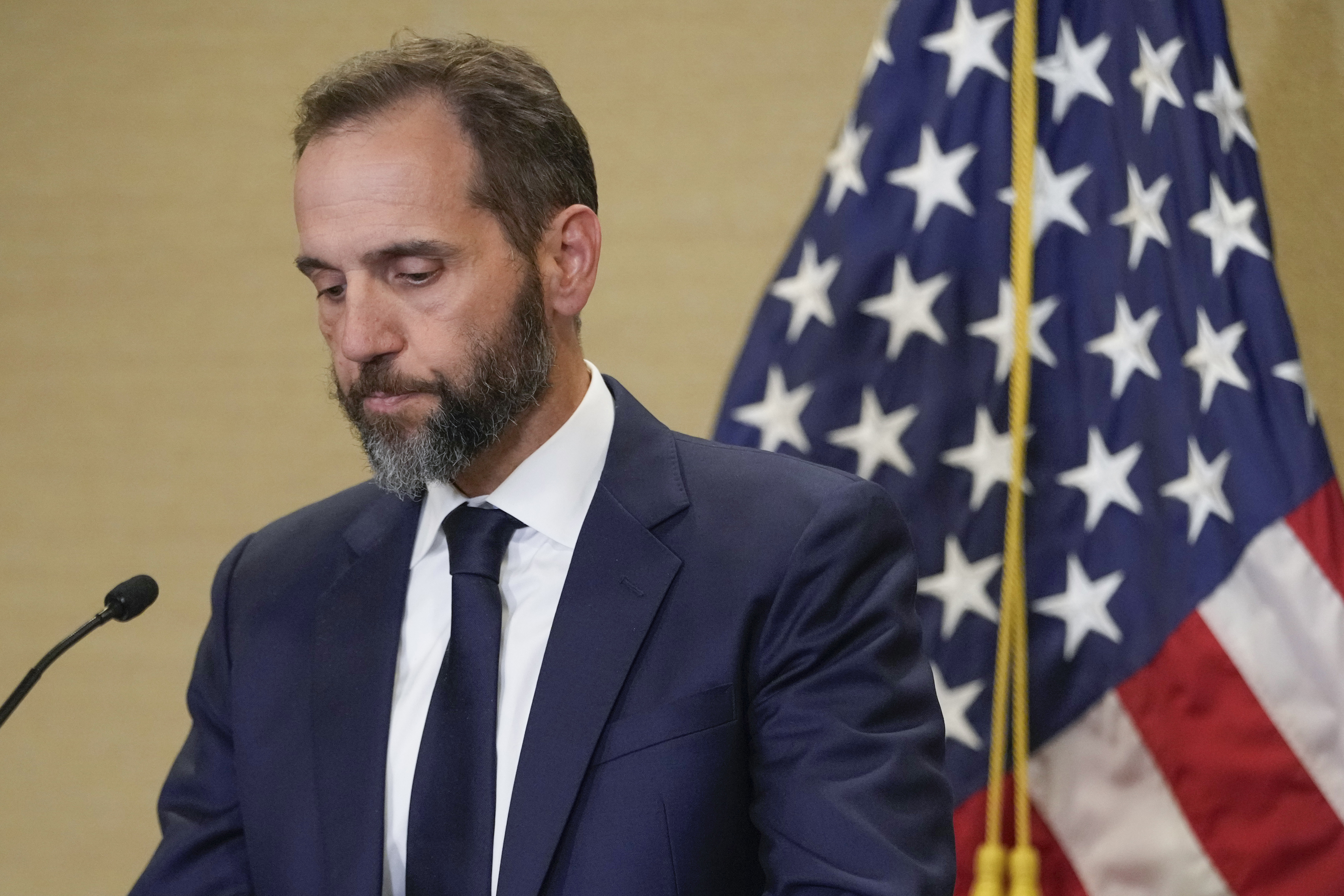WASHINGTON — Special Counsel Jack Smith has officially left the Justice Department after submitting his investigative report concerning President-elect Donald Trump. This expected departure coincides with ongoing discussions about how much of the report can be made public in the near future.
The Justice Department disclosed Smith’s resignation in a court filing on Saturday, indicating that he had stepped down a day earlier. His resignation comes just ten days ahead of Trump’s inauguration, following the dismissal of two criminal cases against Trump that were dropped after his November victory.
The Focus Shifts to the Report
Attention is now directed toward a two-volume report prepared by Smith and his team, which outlines their findings on Trump’s efforts to overturn the 2020 election results and his handling of classified documents at Mar-a-Lago.
Release Delays
Initially, there were expectations that the Justice Department would unveil this report before the conclusion of the Biden administration. However, a judge appointed by Trump, who is overseeing the classified documents case, has temporarily blocked its release at the defense’s request. Two of Trump’s co-defendants, including his valet Walt Nauta and Mar-a-Lago property manager Carlos De Oliveira, contend that publicizing the report would unfairly influence their case—a viewpoint that Trump’s legal team also supports.
Justice Department’s Response
In light of this, the Justice Department has stated it will not make the classified portions of the report public while ongoing criminal proceedings against Nauta and De Oliveira are still in play. Although U.S. District Judge Aileen Cannon dismissed the case back in July, Smith’s team has appealed this ruling, leaving the situation unresolved.
Prosecutors Push for Release
Despite these challenges, prosecutors are keen to proceed with releasing the election interference report.
Late Friday, they filed an urgent motion requesting the 11th U.S. Circuit Court of Appeals in Atlanta to swiftly lift Cannon’s injunction that prohibits the release of any part of the report. They also informed Cannon on Saturday that she does not have the authority to restrict its release, to which she responded by directing the prosecution to submit an additional brief by Sunday.
Appeals Court Rulings
The appeals court denied an emergency request from the defense on Thursday aimed at blocking the release of the election interference report, which investigates Trump’s attempts to contest the 2020 election results prior to the Capitol riot on January 6, 2021. However, it upheld Cannon’s injunction, which prevents the publication of any findings until three days after the appeals court resolves the issue.
Justice Department’s Argument
The Justice Department contended in its emergency motion that Cannon’s order is “plainly erroneous.”
“The Attorney General is the Senate-confirmed leader of the Department of Justice and has the authority to oversee all personnel within the Department,” the Justice Department stated. “This authority includes making decisions about whether to release an investigative report produced by his staff.”
Standard Practices for Special Counsels
According to established Justice Department regulations, special counsels must generate reports upon concluding their investigations, and it is customary for these reports to be publicly disclosed, irrespective of their content.
During Trump’s first term, Attorney General William Barr released a special counsel report that investigated Russian interference in the 2016 presidential election and potential connections to the Trump campaign.
Similarly, under Biden, Attorney General Merrick Garland has also disclosed special counsel reports, including those concerning Biden’s management of classified documents before taking office.







